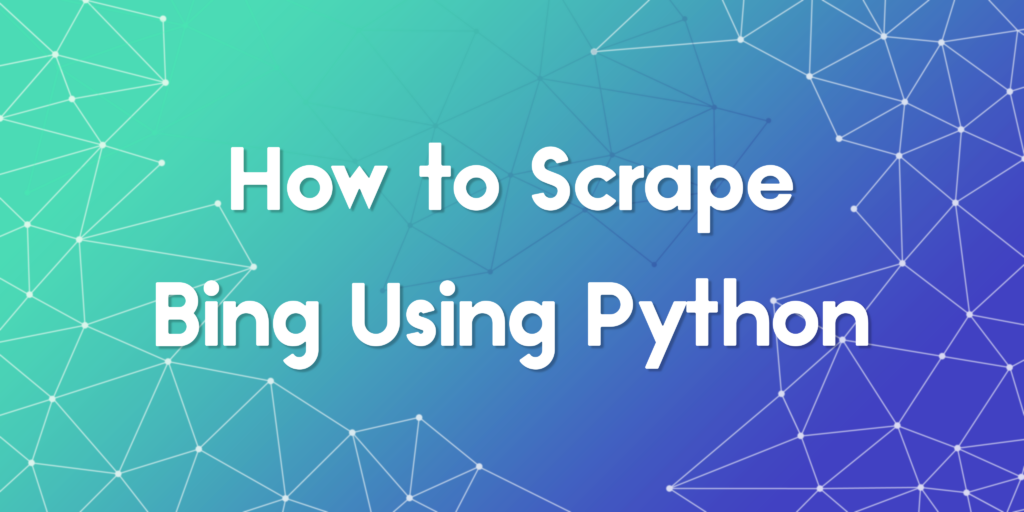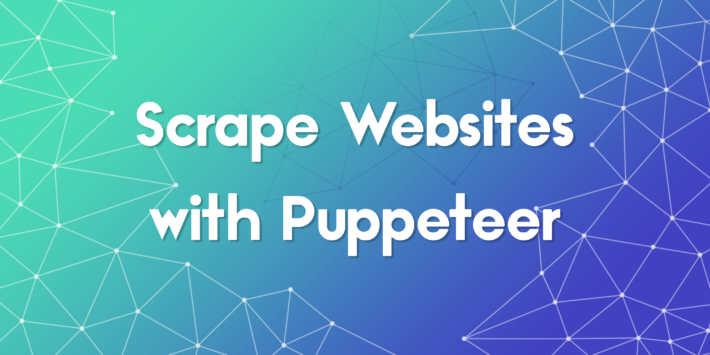How to Scrape Bing Search Results Using Python in 2025

Like many search engines, Bing holds a treasure trove of valuable data, including product listings, images, articles, and search trends. Web scraping this information can be highly beneficial for various purposes, especially for gaining insights into Search Engine Results Pages (SERPs). Analyzing high-ranking pages, their keywords, and title strategies, you can inform detailed, data-driven decisions for your own SEO efforts. While the data is publicly accessible, accessing it requires the right approach.
In this article, you will learn practical techniques, see real-world use cases, and get hands-on code examples that demonstrate how to scrape Bing, even across multiple pages and with proxy support. By the end, you will be fully equipped to start scraping Bing search result data safely and effectively using Python.
Why Learn How to Scrape Bing Search Results Using Python
Bing is often underestimated compared to other search engines, yet it holds a sizable market share and indexes websites differently. Scraping Bing lets marketers and developers access a valuable alternative data stream that complements results from Google and others. When you scrape Bing search result pages using Python, you can extract URLs, titles, descriptions, and more from search queries, and automate this process to serve many use cases.
Let’s look into the practicalities of scraping Bing search results, use some great Python libraries, and explore a few real-life scenarios where scraping Bing delivers significant value.
Setting Up Your Python Environment
Before diving into scraping Bing, make sure your environment is ready. You will need some essential Python libraries like requests and BeautifulSoup. Optionally, install fake_useragent and lxml for better reliability.
# Install required libraries
pip install requests beautifulsoup4 fake_useragent lxml
These libraries help manage HTTP requests, parse HTML, and rotate user agents to avoid basic blocking mechanisms.
How to Scrape Bing Search Results Using Python: Basic Example
This example shows how to scrape Bing search result titles and links for a specific query using a simple GET request.
import requests from bs4 import BeautifulSoup from fake_useragent import UserAgent ua = UserAgent() headers = {'User-Agent': ua.random} query = 'python web scraping' url = f'https://www.bing.com/search?q={query.replace(" ", "+")}' response = requests.get(url, headers=headers) soup = BeautifulSoup(response.text, 'lxml') results = soup.find_all('li', {'class': 'b_algo'}) for result in results: title = result.find('h2').text link = result.find('a')['href'] print(f'Title: {title}\nURL: {link}\n')
This will return the top Bing search results for the given query. You can repeat this process with different keywords and easily automate your research.
Paginating Through Bing Search Results
One advantage when you scrape Bing is the straightforward pagination. To fetch results beyond page 1, simply add the `first` parameter.
# Looping through multiple pages for page in range(0, 30, 10): # Pages 1 to 3 paged_url = f'https://www.bing.com/search?q={query.replace(" ", "+")}&first={page}' response = requests.get(paged_url, headers=headers) soup = BeautifulSoup(response.text, 'lxml') results = soup.find_all('li', {'class': 'b_algo'}) for result in results: title = result.find('h2').text link = result.find('a')['href'] print(f'Title: {title}\nURL: {link}\n')
This approach lets you scrape Bing pages in batches, collecting a broader range of search result data.
Saving Results to CSV for Further Analysis
Once you have extracted data while scraping Bing, you can export it to a CSV file for analysis or sharing.
import csv data = [] for result in results: title = result.find('h2').text link = result.find('a')['href'] data.append({'title': title, 'url': link}) with open('bing_results.csv', 'w', newline='', encoding='utf-8') as file: writer = csv.DictWriter(file, fieldnames=['title', 'url']) writer.writeheader() writer.writerows(data)
This makes it easier to integrate your scraped Bing search result content with your analytics or reporting systems.
Proxy Integration to Scrape with Python Safely
When scraping at scale, Bing may limit your access. You can solve this by rotating proxies. Here’s how to scrape Bing using proxies in Python.
proxies = {'http': 'http://55.66.77.88:10001', 'https': 'https://55.66.77.88:10001'} response = requests.get(url, headers=headers, proxies=proxies)
Residential or rotating proxies are highly recommended when you frequently scrape Bing or scrape with Python across multiple threads or regions.
Top Real Use Cases for Scraping Bing

- SEO monitoring: Track how your website ranks on Bing for multiple keywords and pages.
- Competitor analysis: Discover which domains consistently rank on top for your business queries.
- Market research: Gather product listings and compare headlines or descriptions between brands.
- Academic research: Collect search snippets and metadata for linguistics or media studies.
- News aggregation: Scrape Bing search result for news-based queries and organize them by timestamp.
All these cases rely on a consistent ability to scrape Bing accurately and efficiently with Python.
Visualizing and Analyzing Your Bing Data
Once your scrape with Python is complete, tools like Pandas and Matplotlib allow you to load, filter, and graph search data trends. You can spot patterns across regions, industries, or timeframes.
import pandas as pd import matplotlib.pyplot as plt df = pd.read_csv('bing_results.csv') df['domain'] = df['url'].apply(lambda x: x.split('/')[2]) counts = df['domain'].value_counts().head(10) counts.plot(kind='bar', title='Top Domains from Bing Search') plt.xlabel('Domain') plt.ylabel('Count') plt.tight_layout() plt.show()
How to Scrape Bing Search Results Using Python at Scale
Scaling your Bing scraping process involves multiple threads, rotating proxies, and error handling. Libraries like aiohttp or httpx can improve performance. Some developers also use Scrapy for larger projects.
You can also schedule your scraper using tools like cron or Python’s schedule library to keep your Bing search result data fresh.
Final Tips to Scrape Bing Search Result Reliably
Now that you know how to scrape Bing search results using Python, keep the following best practices in mind:
- Respect Bing’s terms of service and robots.txt file
- Use headers, delay requests, and rotate user agents
- Scrape during off-peak hours if possible
- Use proxy support to scale without bans
- Validate data to ensure clean and useful output
Whether you are scraping Bing to fuel data-driven marketing, SEO tracking, or academic analysis, Python gives you the power and flexibility to automate the process while keeping it efficient and ethical.


